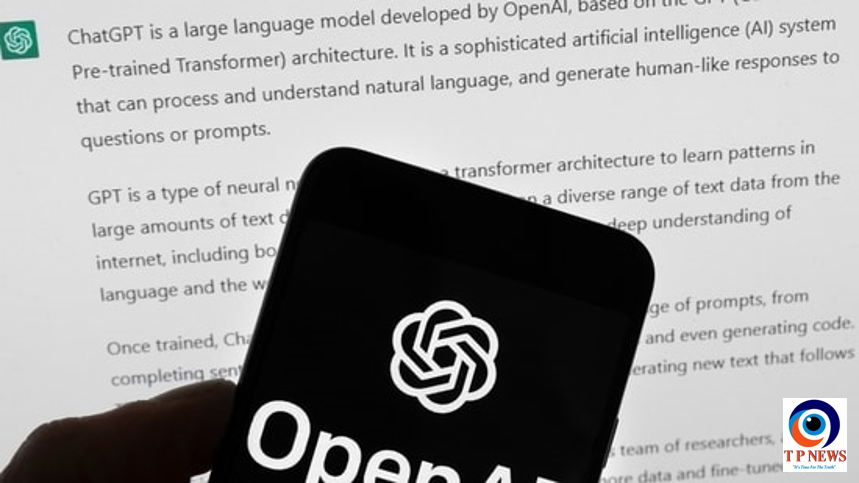Privacy-centric search engine DuckDuckGo has announced a groundbreaking feature that allows users to anonymously access popular AI chatbots such as OpenAI’s ChatGPT, Anthropic’s Claude 3 Haiku, Mixtra 8x7B, and Meta’s Llama 3. This new service, aptly named AI Chat, aims to provide the benefits of generative AI while addressing privacy concerns.
A New Era of Private AI Interaction
DuckDuckGo’s AI Chat is designed to empower users to engage with advanced AI models without compromising their privacy. The feature is free to use with a daily limit, and users can deactivate it whenever they choose. A paid tier with a higher daily usage limit and access to more AI models is also in the pipeline.
“We believe people should be able to use the Internet and other digital tools without feeling like they need to sacrifice their privacy in the process,” the company stated. “So, we meet people where they are, developing products that add a layer of privacy to the everyday things they do online. That’s been our approach across the board – first with search, then browsing, email, and now with generative AI via AI Chat.”
How to Use DuckDuckGo’s AI Chat
To utilize the AI Chat feature, users simply need to navigate to duck.ai or duckduckgo.com/chat. Once on the AI search page, they can select their preferred generative AI model and start interacting with it as they would with any other chatbot. The key difference is that these interactions are completely anonymous.
DuckDuckGo ensures that chat requests appear to originate from DuckDuckGo itself, rather than the individual user, thereby maintaining user anonymity. Additionally, similar to its traditional search capabilities, DuckDuckGo offers a “fire button” that users can tap to clear the last chat.
Privacy Measures and Data Handling
DuckDuckGo has emphasized that it does not save or store any chats. To further enhance privacy, the company has partnered with the AI providers to ensure that all chat entries are deleted within 30 days. Importantly, these interactions will not be used to train or improve the AI models, offering an additional layer of security and peace of mind for users concerned about their data being used without their consent.
The Future of Private AI
With this innovative feature, DuckDuckGo continues its mission to provide privacy-first tools for internet users. By integrating AI chat capabilities, the company not only enhances its service offerings but also sets a new standard for privacy in the realm of artificial intelligence.
As AI technology becomes increasingly integral to everyday tasks, DuckDuckGo’s AI Chat stands out as a pivotal development. It bridges the gap between advanced AI utility and stringent privacy requirements, offering users the best of both worlds.
Conclusion
DuckDuckGo’s introduction of anonymous access to powerful AI chatbots represents a significant advancement in privacy-focused technology. By allowing users to harness the capabilities of ChatGPT, Claude 3 Haiku, Mixtra 8x7B, and Meta Llama 3 without sacrificing their privacy, DuckDuckGo is redefining the landscape of digital interaction. As the feature rolls out, it will be interesting to see how it influences user engagement and sets new benchmarks for privacy standards in AI-driven applications.












